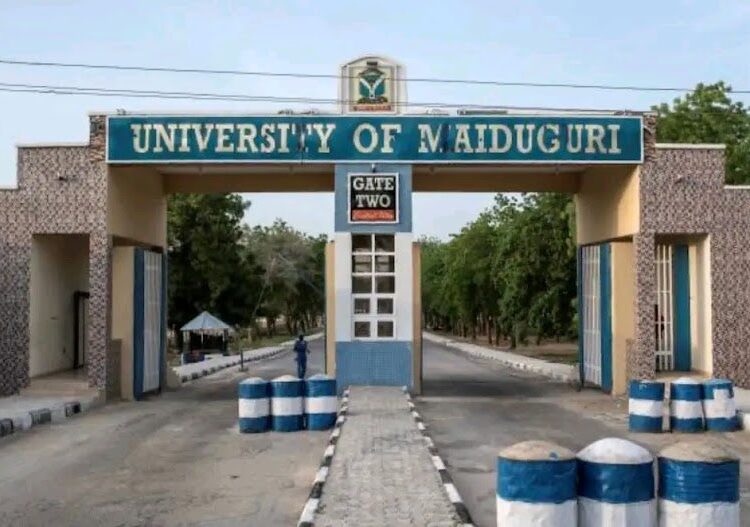In a move that has sparked debate across the country, President Bola Ahmed Tinubu recently announced the renaming of the University of Maiduguri to Muhammadu Buhari University, in honour of the late former president. The announcement, made during a Federal Executive Council (FEC) session held to pay tribute to Buhari, has raised eyebrows, particularly among education stakeholders and citizens who recall the turbulent state of Nigeria’s education sector during his eight-year tenure.
While honouring past leaders is not out of place, the symbolism of this particular gesture invites critical reflection. The renaming of a university — a place of learning, innovation, and intellectual freedom — after a president whose administration witnessed some of the longest and most disruptive academic strikes in Nigeria’s history, including a cumulative 1,086 days of shutdown by the Academic Staff Union of Universities (ASUU), seems tone-deaf at best.
From 2015 to 2023, under President Buhari’s watch, Nigerian public universities were plagued by repeated strikes due to unresolved issues between academic unions and the federal government. These strikes not only truncated academic calendars but also disrupted the dreams and futures of millions of Nigerian students. The education sector, by many accounts, was not a priority in Buhari’s administration — with underfunding, poor infrastructure, and mass brain drain defining the era.
Critics argue that it is both ironic and unjust to reward such a legacy with the rebranding of a university — particularly one located in the Northeast, a region already grappling with the scars of insurgency and underdevelopment, and whose students and lecturers endured the brunt of neglect.
If we are to pay tribute to President Muhammadu Buhari in a way that aligns with his post-government lifestyle and public image, perhaps a more fitting approach would be for President Tinubu to establish a modern ranch or livestock research centre and name it after him. After all, Buhari himself famously returned to tending cattle upon retiring from office, often retreating to his Daura home where he lived a quiet, pastoral life.
Such a centre — dedicated to livestock breeding, ranching innovation, and agricultural development — would not only reflect the personal interests of the former president but also serve a tangible economic purpose. Nigeria continues to battle issues of food security, farmer-herder conflicts, and outdated agricultural practices. A Muhammadu Buhari Ranching Institute could support policy around modern animal husbandry, promote peaceful coexistence, and create jobs, all while honouring the late president in a more contextually meaningful way.
National honours, including the renaming of federal institutions, must not be reduced to mere ceremonial gestures. They should reflect the values and contributions of their recipients, and more importantly, inspire future generations. To name a university — an enduring symbol of intellectual pursuit — after a leader under whom education was critically neglected, risks sending the wrong message.
As Nigeria looks forward to rebuilding its education sector and restoring public confidence in government priorities, symbolic actions like this matter. The federal government must reconsider how it preserves the memory of national leaders — not by rewriting history through renaming but by aligning honour with legacy.
The debate is not just about a name. It’s about what we choose to remember, celebrate, and immortalize. If we must honour Muhammadu Buhari, let it be through initiatives that reflect the realities of his leadership and the interests he genuinely championed. A ranch may not carry the academic prestige of a university, but it may very well carry more honesty.













